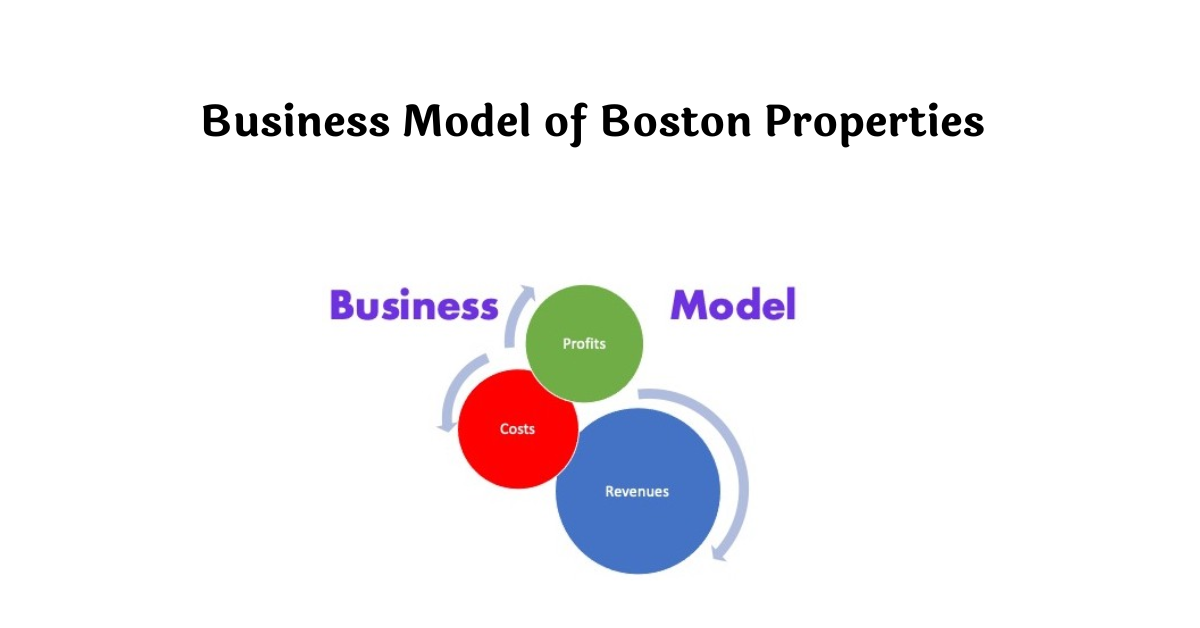
Unraveling the Business Model of Boston Properties
In the dynamic world of real estate, Boston Properties has emerged as a prominent player, known for its innovative approach to property development and management. To truly understand the essence of this real estate giant, it’s crucial to delve into the intricate details of its business model. This article will provide a comprehensive overview of the business model of Boston Properties, shedding light on its key components and strategies that have propelled it to the forefront of the industry.
Boston Properties: A Brief Overview
Before dissecting the business model of Boston Properties, let’s take a moment to grasp the company’s background. Founded in 1970 by Mortimer Zuckerman and Edward H. Linde, Boston Properties has consistently focused on developing and managing premium office properties primarily in major urban markets. Its portfolio spans across several prominent cities in the United States, including Boston, New York City, Washington, D.C., and San Francisco.
The business model of Boston Properties revolves around a simple yet powerful principle: creating value through strategic investments in premium office spaces. Let’s explore the core components of this model in detail.
Key Components of the Business Model
Strategic Property Selection
At the heart of Boston Properties’ success is its knack for selecting prime locations for its developments. The company meticulously evaluates potential properties, targeting areas with strong demand for office spaces. This strategic approach minimizes risks and maximizes the potential for long-term growth.
Focus on Class A Office Buildings
Boston Properties specializes in Class A office buildings, which are known for their high-quality construction, modern amenities, and prime locations. These properties attract top-tier tenants, ensuring a stable and lucrative income stream.
Best Digital Marketing Agency in Noida
Tenant Diversification
Diversification is a key strategy for mitigating risks in the real estate sector, and Boston Properties excels in this regard. The company boasts a diversified tenant base, including prominent corporations from various industries such as technology, finance, healthcare, and law.
Long-Term Leases
Boston Properties typically secures long-term leases with its tenants, providing stability and predictable cash flows. This approach minimizes the negative impact of economic downturns and vacancy risks.
Value Enhancement and Sustainability
The company places a strong emphasis on enhancing the value of its properties. This includes continuous upgrades, renovations, and sustainability initiatives that not only attract premium tenants but also contribute to environmental responsibility.
Proactive Property Management
Boston Properties’ in-house property management team ensures that its buildings are well-maintained, and tenant needs are promptly addressed. This proactive approach fosters tenant satisfaction and loyalty.
Financial Discipline
Sound financial management is another cornerstone of Boston Properties’ business model. The company maintains a strong balance sheet and carefully manages its debt levels, reducing financial vulnerabilities.
Strategies for Success
Now that we’ve outlined the core components of Boston Properties’ business model, let’s explore the strategies that have enabled the company to thrive in the competitive real estate market.
1. Market Timing
Boston Properties has a history of entering markets at the right time. The company is adept at identifying emerging trends and capitalizing on them. For instance, its early investments in tech-centric markets like San Francisco have paid off handsomely as the demand for office space in these areas surged.
2. Tenant-Centric Approach
Boston Properties places a strong emphasis on understanding the unique needs of its tenants. By tailoring its properties to cater to these needs, the company fosters strong, long-lasting tenant relationships.
3. Sustainability Initiatives
In an era where sustainability is a growing concern, Boston Properties has taken proactive steps to make its buildings more eco-friendly. This not only aligns with environmental goals but also appeals to socially responsible tenants.
4. Capital Recycling
The company is not hesitant to sell assets that no longer align with its strategic objectives. This approach allows Boston Properties to free up capital for new investments and maintain a dynamic portfolio.
5. Prudent Financial Management
Boston Properties maintains a conservative approach to financial management. It avoids excessive leverage, ensuring that it can weather economic downturns and seize opportunities when they arise.
6. Tenant Retention
Tenant satisfaction is a top priority for Boston Properties. The company’s commitment to providing exceptional tenant services and maintaining high-quality properties leads to strong tenant retention rates.
7. Risk Mitigation
Diversification across markets and tenants is a central strategy for risk mitigation. By avoiding overdependence on a single market or tenant, Boston Properties reduces exposure to potential vulnerabilities.
Challenges and Adaptation
No business model is without its challenges, and Boston Properties is no exception. The COVID-19 pandemic, for instance, posed significant challenges to the office real estate sector, with many companies adopting remote work policies. In response, Boston Properties adapted by implementing flexible leasing arrangements and enhancing its properties with state-of-the-art health and safety measures to attract tenants back to the office.
The Future of Boston Properties
As we peer into the future, Boston Properties is poised to continue its growth and innovation. The company’s commitment to sustainability, tenant satisfaction, and strategic market positioning bodes well for its long-term success. Furthermore, with the world gradually recovering from the pandemic, the demand for premium office spaces is expected to rebound, providing Boston Properties with new opportunities for expansion.
Also Read :- Graphic Design Company in Noida
Conclusion
In conclusion, the business model of Boston Properties is a testament to the company’s strategic acumen and adaptability. By focusing on prime locations, high-quality assets, tenant satisfaction, and sustainability, Boston Properties has carved a niche for itself in the competitive world of real estate. While challenges may arise, the company’s proven strategies and commitment to excellence suggest a promising future ahead. As it continues to shape the skyline of major urban centers, Boston Properties remains a beacon of success in the real estate industry.


